Find Help
More Items From Ergsy search
-
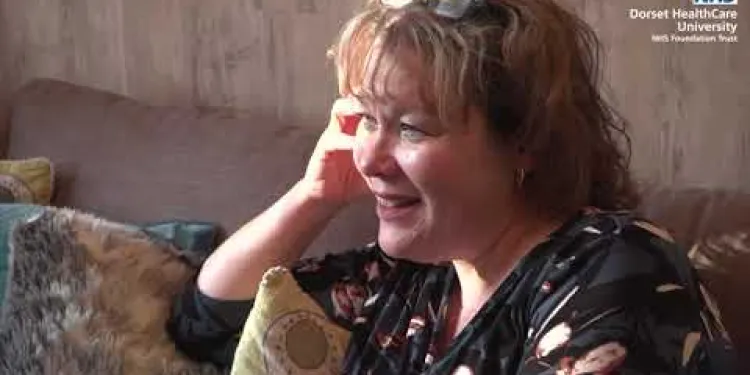
Voice banking service helps people live with motor neurone disease
Relevance: 100%
-
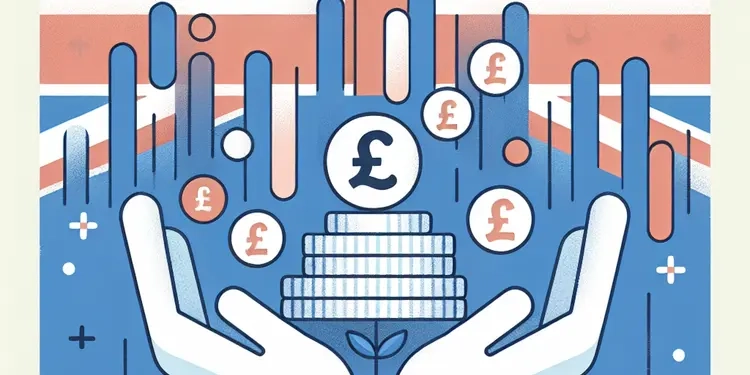
What is motor neurone disease?
Relevance: 72%
-
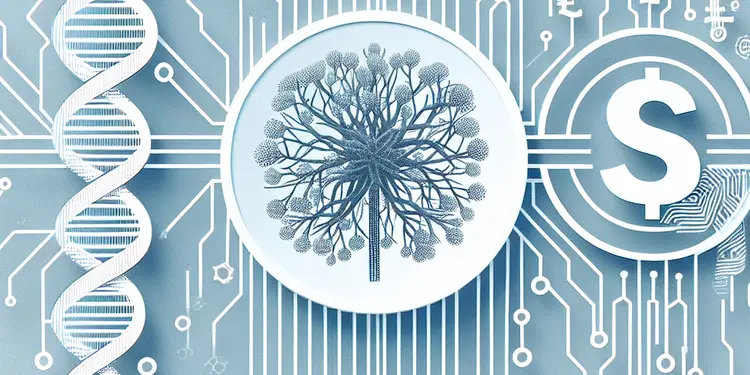
Is motor neurone disease hereditary?
Relevance: 71%
-

What causes motor neurone disease?
Relevance: 70%
-
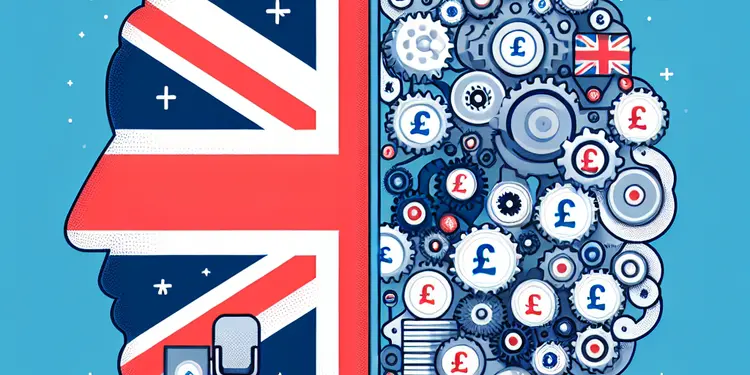
Are there different types of motor neurone disease?
Relevance: 70%
-
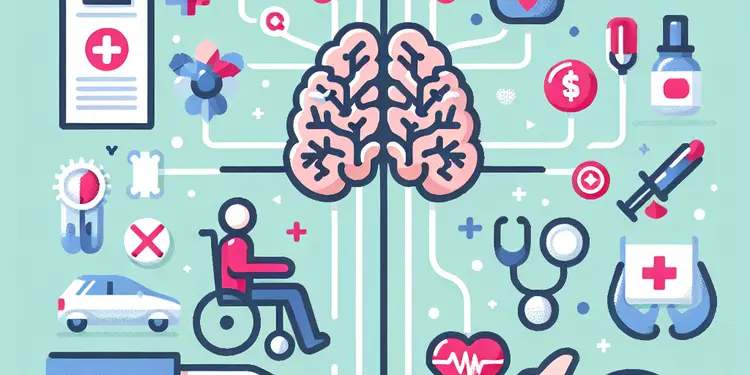
What are the primary symptoms of motor neurone disease?
Relevance: 69%
-
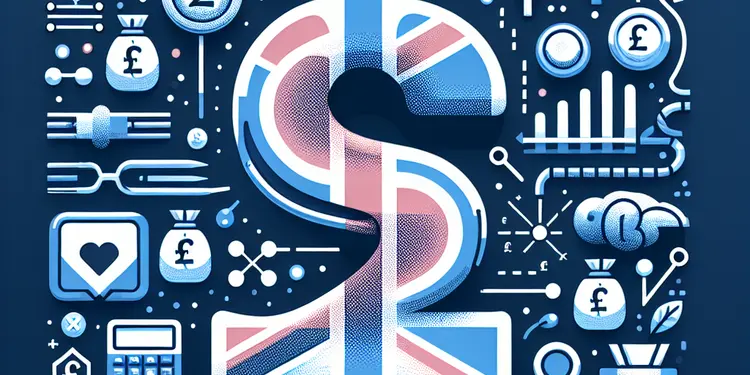
Is there a cure for motor neurone disease?
Relevance: 69%
-
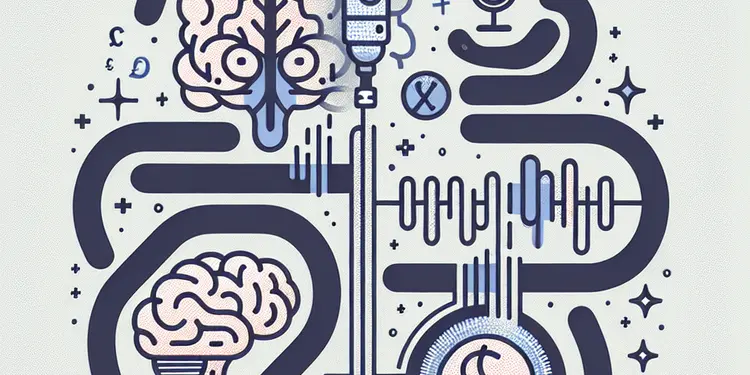
How does motor neurone disease affect speech?
Relevance: 68%
-
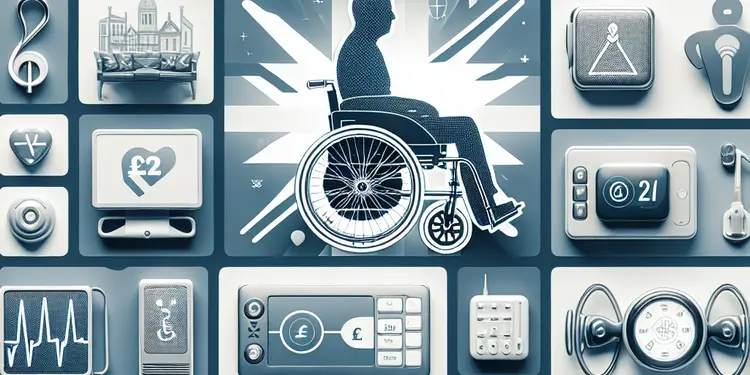
What assistive devices can help people with motor neurone disease?
Relevance: 67%
-
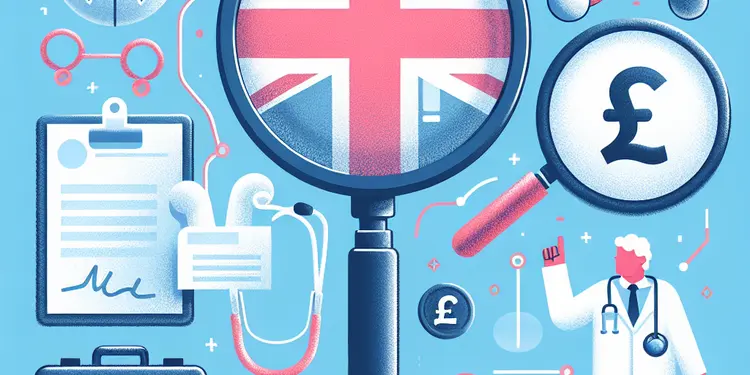
How is motor neurone disease diagnosed?
Relevance: 63%
-
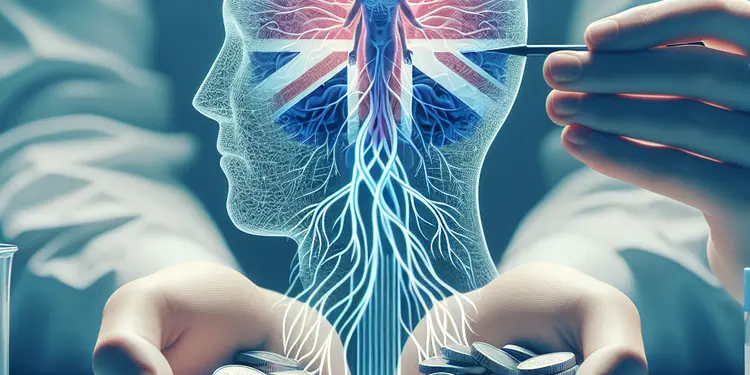
What treatments are available for motor neurone disease?
Relevance: 63%
-

What role do genetics play in motor neurone disease?
Relevance: 63%
-
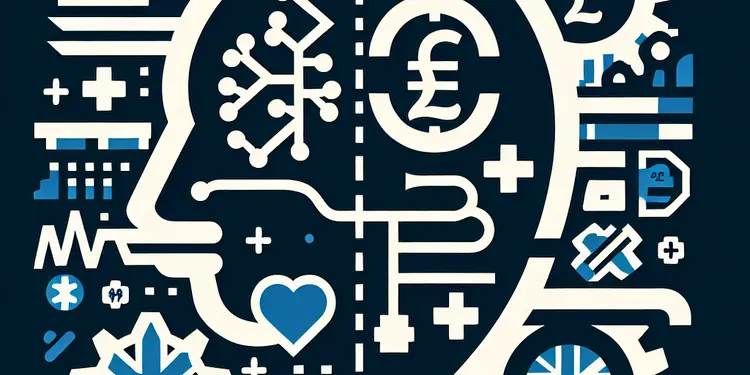
How is breathing affected by motor neurone disease?
Relevance: 63%
-

Motor neurone disease Julie's story | NHS
Relevance: 60%
-
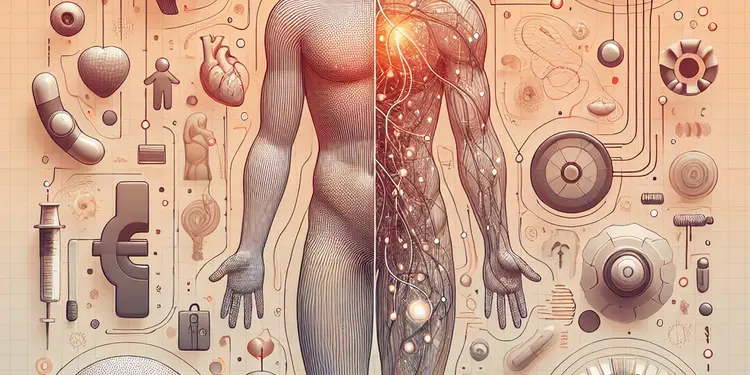
How does motor neurone disease affect the body?
Relevance: 58%
-
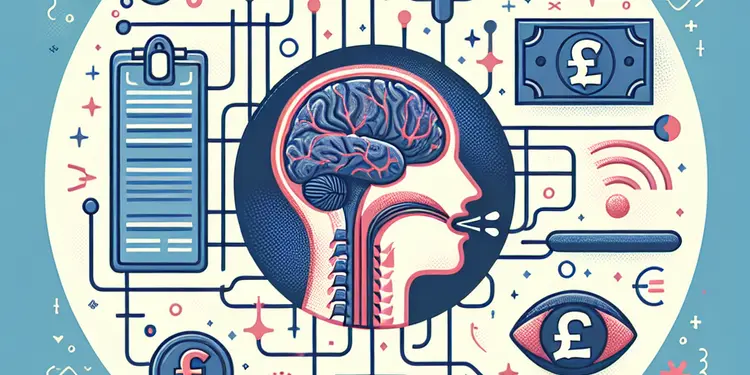
How does motor neurone disease impact swallowing?
Relevance: 56%
-

Can lifestyle changes impact motor neurone disease progression?
Relevance: 55%
-

What is the life expectancy after a motor neurone disease diagnosis?
Relevance: 54%
-
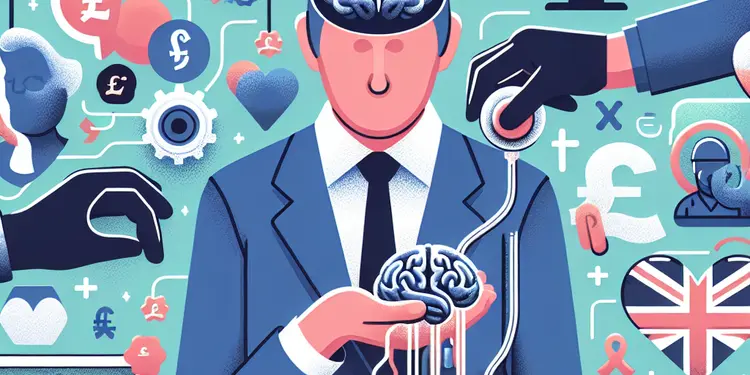
How can caregivers support someone with motor neurone disease?
Relevance: 51%
-
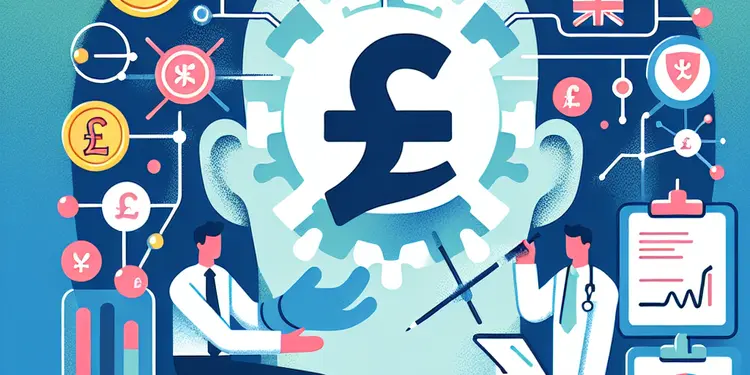
What research is being done on motor neurone disease?
Relevance: 48%
-
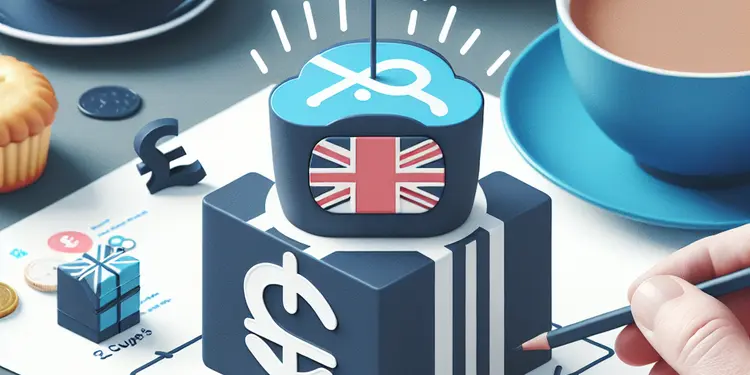
Are there support groups for individuals with motor neurone disease?
Relevance: 47%
-
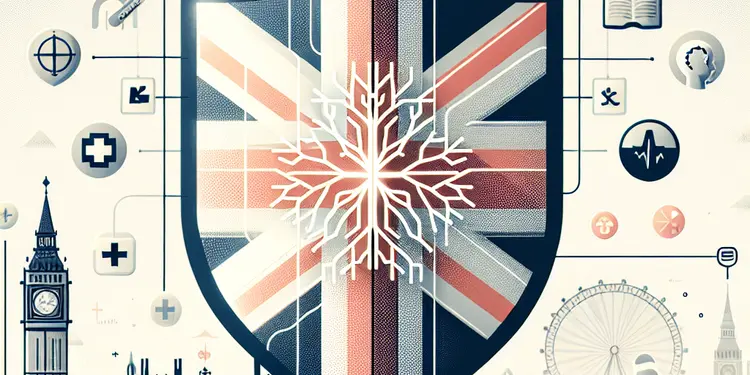
Who is at risk for motor neurone disease?
Relevance: 46%
-
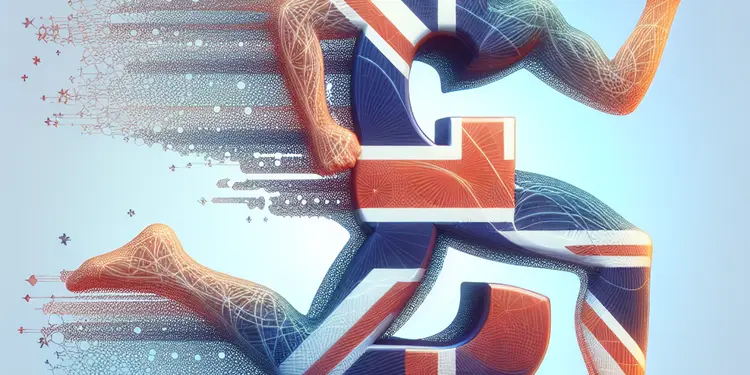
How does Huntington's disease affect movement?
Relevance: 29%
-

What is MND?
Relevance: 29%
-
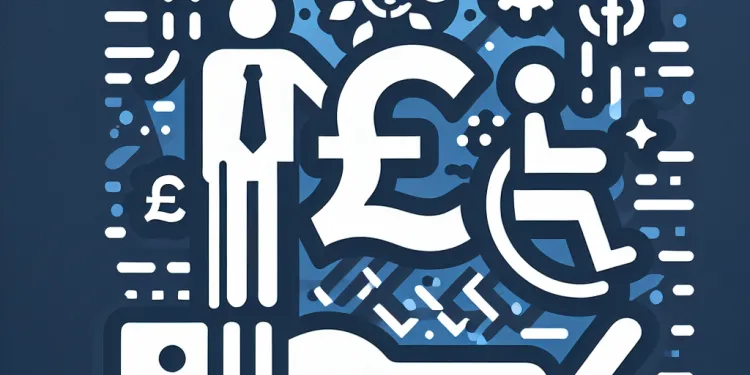
What is Parkinson's disease?
Relevance: 26%
-
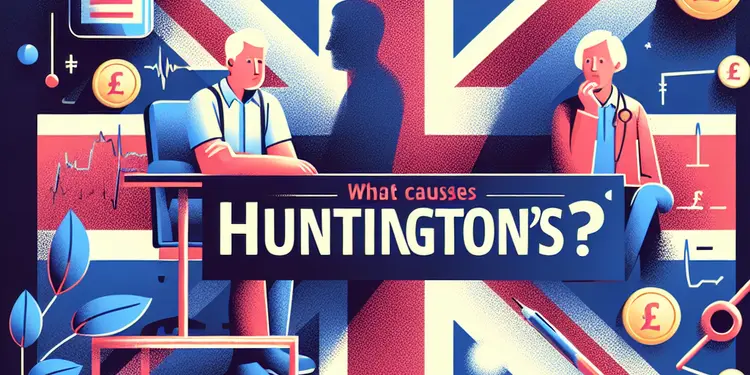
What causes Huntington's disease?
Relevance: 25%
-
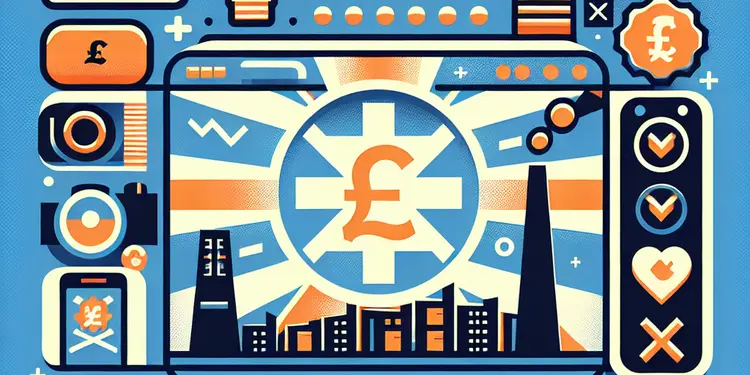
What research is being done on Huntington's disease?
Relevance: 23%
-
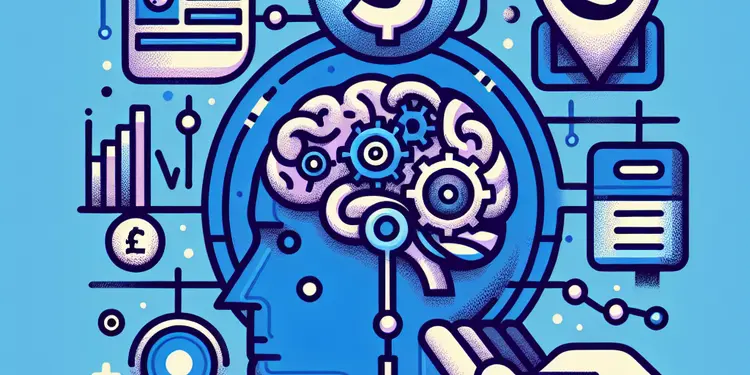
What are the symptoms of Huntington's disease?
Relevance: 23%
-

Is Huntington's disease fatal?
Relevance: 23%
-
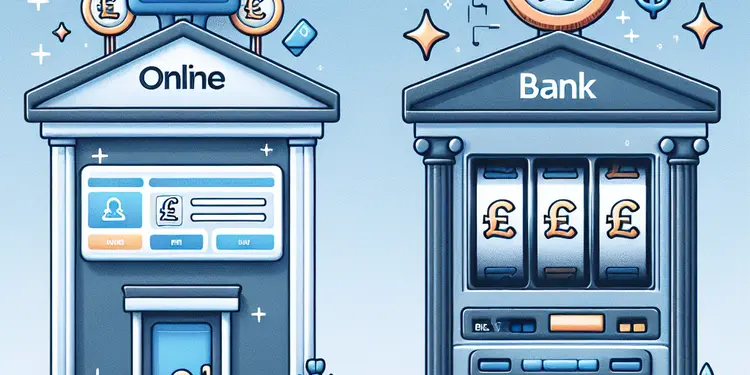
Are online banks cheaper than traditional banks?
Relevance: 22%
-
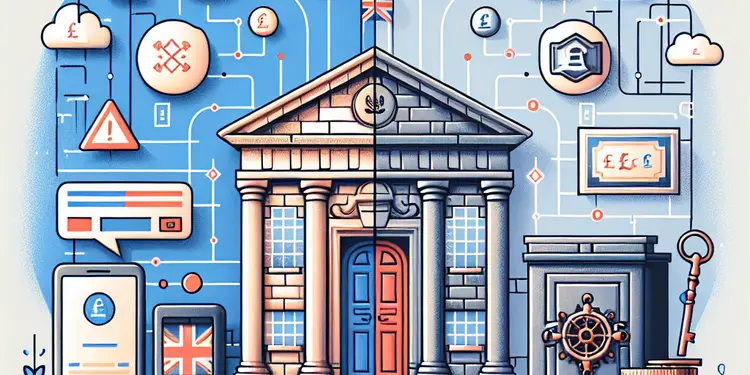
Are online banks cheaper than traditional banks?
Relevance: 22%
-

What causes Alzheimer's disease?
Relevance: 21%
-

Are there benefits to having multiple bank accounts at different banks?
Relevance: 21%
-

Giving Voice - Stammer and Fluency Problems
Relevance: 21%
-

Are there benefits to having multiple bank accounts at different banks?
Relevance: 21%
-
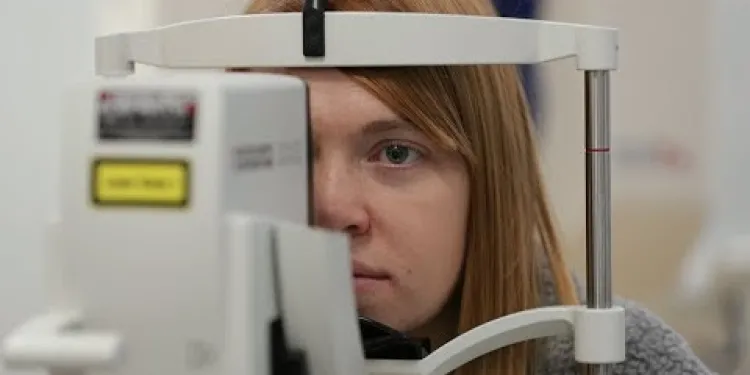
Patient voices in type one diabetes - I would have done things differently.
Relevance: 21%
-
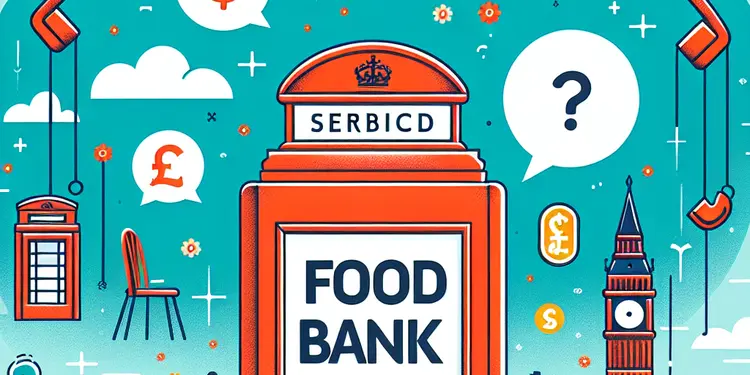
What is a food bank?
Relevance: 21%
-

Do online banks have lower fees than traditional banks?
Relevance: 21%
-

Are food banks open on weekends?
Relevance: 20%
-

What is Huntington's disease?
Relevance: 20%
Voice Banking Service Helps People Live with Motor Neurone Disease
Introduction to Motor Neurone Disease
Motor neurone disease (MND) is a progressive neurological condition that affects the nerves in the brain and spinal cord. It leads to muscle weakness, wasting, and loss of mobility. For many individuals, losing the ability to speak is one of the most emotionally challenging aspects of MND. In the United Kingdom, innovative solutions are being developed to help individuals retain their vocal identity, enhancing their quality of life. One such solution is voice banking.What is Voice Banking?
Voice banking is a process where individuals record a set of phrases to create a synthetic voice that closely resembles their natural voice. This resource is invaluable for individuals with MND, as it helps preserve their voice for use in communication devices. In the UK, several organisations and healthcare providers offer voice banking services for patients diagnosed with MND.The Benefits of Voice Banking
Voice banking offers numerous benefits for people with MND. First and foremost, it helps maintain personal identity and emotional well-being. The synthesized voice created from the patient's recordings can be used in speech-generating devices, allowing for more natural and personalised communication. This not only aids in daily interactions but also ensures that the individual's unique voice remains part of their legacy.How to Access Voice Banking Services in the UK
In the UK, accessing voice banking services is facilitated by various organisations, including the Motor Neurone Disease Association (MNDA). The National Health Service (NHS) also collaborates with tech companies to provide these services. Patients are encouraged to start the voice banking process as early as possible after diagnosis to capture their voice while it is still strong.Conclusion
Voice banking is an essential service for individuals with motor neurone disease, offering a way to preserve their unique voice and facilitating effective communication despite the progression of the disease. In the UK, the availability of voice banking services provided by reputable organisations empowers those affected by MND to face their future with confidence, knowing they can still speak in their own voice.Voice Banking: A Vital Service for Those with Motor Neurone Disease in the UK
Motor Neurone Disease (MND) is a progressive condition that affects the nerves in the brain and spinal cord, leading to muscle weakness, and eventually, loss of speech. For individuals living with MND in the UK, the ability to communicate remains a critical aspect of maintaining quality of life and personal autonomy. Voice banking has emerged as a significant tool in addressing this need.
What is Voice Banking?
Voice banking is a process that allows individuals to preserve and use their natural voice digitally. Before the progressive loss of speech due to motor neurone disease, individuals can record a set of phrases which are then used to create a synthetic version of their own voice. This synthesized voice can be used with speech-generating devices or apps, enabling the person to communicate even when they no longer have the ability to speak naturally.
Benefits for MND Patients
For those living with MND, voice banking offers several significant benefits. First, it provides a sense of continuity and personal identity, allowing individuals to express themselves in their own voice, a powerful component of personal presence. This can be comforting not only to patients but also to their friends and family. Secondly, it plays a critical role in enhancing communication, enabling patients to maintain social interactions and express their needs and emotions effectively.
Implementing Voice Banking in the UK
In the UK, numerous organizations and services are dedicated to supporting individuals with MND in accessing voice banking. Charities like the Motor Neurone Disease Association offer information and financial assistance to help individuals start the voice banking process. Additionally, healthcare providers often refer patients to specialized services where voice banking is performed efficiently and compassionately.
Conclusion
Voice banking is a transformative tool for individuals living with motor neurone disease in the UK. By preserving a part of their identity that is often threatened by the progression of the disease, it delivers not just practical benefits in communication but also significant emotional and psychological support. As technology continues to improve, the accessibility and quality of voice banking services are expected to enhance further, offering hope and a voice to those who face the challenge of living with MND.
Voice Banking Service Helps People Live with Motor Neurone Disease
What is Motor Neurone Disease?
Motor neurone disease (MND) is an illness that affects nerves in the brain and spine. It makes muscles weak and can stop them working. It can also be hard for people with MND to move and speak. Losing the ability to speak is one of the hardest things for people with MND to cope with. In the UK, people are working on ways to help. One way is called voice banking.What is Voice Banking?
Voice banking lets people record their voices saying different phrases. Later, we can use these recordings to make a computer voice that sounds like them. This is very helpful for people with MND. It lets them use their voice on special machines that help them talk. In the UK, many places can help people with MND do voice banking.Why is Voice Banking Helpful?
Voice banking is helpful because it keeps a person’s voice and identity. When people use a computer voice that sounds like them, they can still talk naturally. This helps in daily life and keeps their personal voice alive.Getting Voice Banking Services in the UK
In the UK, you can get help with voice banking from groups like the Motor Neurone Disease Association (MNDA). The NHS also works with tech companies to offer voice banking. It’s good to start voice banking soon after being told you have MND, so you can record your voice while it's still strong.Final Thoughts
Voice banking is very good for people with MND. It helps them keep their unique voice. In the UK, there are many trusted places that offer voice banking. This helps people with MND feel confident about the future because they can keep using their own voice.Voice Banking: Helping People with Motor Neurone Disease in the UK
Motor Neurone Disease (MND) is a serious illness. It affects the nerves in the brain and spinal cord. This makes muscles weak and can stop people from speaking. In the UK, talking is very important for people with MND. It helps them live well and do things on their own. Voice banking is a great way to help with this.
What is Voice Banking?
Voice banking is saving your voice on a computer. People with MND can record their voice before they cannot speak anymore. They say different sentences, and these recordings make a digital version of their voice. Later, they can use a special device or app to talk. This means they can still "speak" even when they can't use their natural voice.
Benefits for People with MND
Voice banking helps people with MND in many ways. It lets them keep their own voice, which is an important part of who they are. This makes patients, and their families feel good. It also helps them talk with others, share their feelings, and say what they need.
How Voice Banking Works in the UK
In the UK, there are many groups that help people with MND start voice banking. Charities like the Motor Neurone Disease Association give information and money help. Doctors can also send patients to special places for voice banking. These places make sure the process is easy and kind.
Conclusion
Voice banking is a big help for people with MND in the UK. It saves a part of them that might get lost because of the disease. It helps them talk and gives them comfort. As technology gets better, voice banking will become even more helpful, giving people hope and a way to keep talking.
Frequently Asked Questions
What is voice banking in the context of motor neurone disease?
Voice banking is a process that allows individuals with motor neurone disease (MND) to record their voice. This enables them to use a personalised synthetic voice for communication when they can no longer speak.
How does voice banking help people with MND?
Voice banking allows people with MND to create a personal digital voice, preserving their unique speech patterns and sounds. This can be used with communication devices, helping them to communicate more naturally.
Who can benefit from voice banking?
Anyone who may lose their ability to speak due to conditions like motor neurone disease can benefit from voice banking to retain a sense of identity in their communication.
Is it possible to bank one's voice even if speech is not yet affected?
Yes, it is advisable to start voice banking early, even before speech is significantly affected, to ensure capturing a representative version of one's natural voice.
What equipment is needed for voice banking?
Voice banking typically requires a computer or tablet with a good quality microphone, and access to specific software or an online platform designed for recording and processing the voice samples.
How long does the voice banking process take?
The time it takes to complete the voice banking process can vary, but generally, it requires several hours of recording to capture all necessary voice samples.
Is there a cost associated with voice banking?
Costs can vary depending on the service provider and the technology used. Some organisations may offer free or subsidised options, particularly for people with MND in the UK.
Can someone assist me in the voice banking process?
Yes, family members or caregivers can often help in setting up the equipment and guiding through the recording sessions. Some services may also offer professional support.
Will my banked voice sound exactly like my natural voice?
While a banked voice aims to closely replicate your natural voice, there may be some differences due to the synthetic nature of digital voices. However, advances in technology are continually improving the quality and naturalness.
Can voice banking be done remotely?
Yes, many voice banking platforms allow users to record their voice remotely from their own home, making the process convenient and accessible.
What happens after my voice has been banked?
Once your voice is banked, it is processed and can be used with various communication aids and software that support personalised synthetic voices.
Is my data secure during the voice banking process?
Most reputable voice banking services adhere to strict data protection and privacy standards, ensuring that your recordings are securely stored and used appropriately.
How long can my banked voice be used?
A banked voice can be used indefinitely, as long as the communication devices and software support it. Users typically maintain access to their digital voice for the long term.
Are there alternatives to voice banking?
Alternatives include message banking, where a person records specific phrases they frequently use, or using a pre-existing library of synthetic voices if personal voice banking is not possible.
Can children use voice banking?
Yes, voice banking is possible for children who may face speech loss. However, adjustments may be needed to accommodate their voice and developmental needs.
What is voice banking for people with motor neurone disease?
When someone has motor neurone disease, they might lose their voice. Voice banking is a way to save their voice. This is so they can use it later with a computer if they can't speak.
People record words and sentences when they still can speak. These recordings are saved and used to make a computer voice that sounds like them.
Voice banking helps people still sound like themselves even if they cannot talk. Special apps and tools can help with voice banking.
Voice banking is a way for people with motor neurone disease (MND) to save their voice. They record themselves talking. Later, if they can't talk, they can use a computer to speak for them. It will sound like their own voice.
How can voice banking help people with MND?
Voice banking can help people with MND (Motor Neurone Disease) by letting them save their voice. It means recording the way they talk before MND makes it hard. Later, they can use a computer to talk in their own voice.
Here's how it works:
- Record your voice: Say many phrases and words.
- Save your voice: The computer keeps your voice safe.
- Use your voice: When speaking is hard, the computer talks for you using your voice.
Tools that can help with voice banking:
- Use a microphone to record clearly.
- Try special software on a computer or app.
Voice banking helps people with MND (a disease that affects the nerves) keep their own voice. They save their voice on a computer so they can still talk like themselves. This helps them use special tools to talk better.
Tools like text-to-speech apps can be helpful. These apps read out typed words and sound like the person's own voice. Asking others for help and practicing with the tools can make it easier too.
Who can use voice banking?
Voice banking can help many people.
It is good for people who might lose their voice. This can happen if someone is sick.
It is also useful if talking is hard for someone.
Tools like tablets and computers can help use voice banking.
Talking to a helper or a family member can also help.
If someone might not be able to talk because of an illness like motor neurone disease, voice banking can help them keep their own voice. This helps them feel like themselves when they talk.
Can you save your voice before you have trouble speaking?
Yes, you can save your voice even if you do not have trouble speaking right now. This means you record how you sound now so you can use it later if needed.
Here are some tools to help:
- Voice Recording Apps: Use apps on your phone or computer to record your voice.
- Special Devices: Some devices can help store your voice in a special way.
Yes, it is a good idea to start voice banking early. Do it before your speech changes too much. This way, you save a copy of your voice while it still sounds like you.
Here are some tips to help you:
- Use a microphone to record your voice. It helps make it sound better.
- Record in a quiet place. This stops other sounds from getting in.
- Try to speak clearly and slowly when recording.
What tools do you need for voice banking?
Here is what you need to do voice banking:
- Computer: You need a computer or a laptop.
- Microphone: You need a microphone to record your voice. You can use a headset with a mic or a separate microphone.
- Internet: You need to have an internet connection to use voice banking.
- Voice Banking Software: You need special software for voice banking, which you can download from the internet.
Tip: Ask someone to help you set up the equipment if it is too difficult to do on your own. This will make the process easier.
To do voice banking, you need a computer or tablet. It should have a good microphone. You also need special software or use an online platform. These help you record and save your voice.
How long does it take to save my voice?
Making a voice bank can take some time. Usually, you need to spend a few hours recording your voice to get all the samples you need.
Do you need to pay money for voice banking?
The cost of services can change based on who gives the service and the technology they use. Some groups might give free or cheaper help, especially for people with MND in the UK.
Can you help me with voice banking?
Yes, family members or helpers can help set up the equipment and guide you during the recording time. Some services might also send professionals to help.
Will my saved voice sound just like my real voice?
When we save your voice for a computer to use, it tries to sound just like you. Sometimes it might sound a bit different because it's a computer voice. But technology is getting better and better at making it sound real.
Can you do voice banking from home?
Yes, there are many voice banking platforms that let you record your voice at home. This makes it easy and simple to use.
What happens after I save my voice?
When your voice is saved, it is changed into a computer voice. You can use this with special tools and apps that let you talk with your own voice.
Is my information safe when I save my voice?
Good voice banking services keep your voice recordings safe. They follow strict rules to protect your data.
How long can I use my saved voice?
You can keep and use your saved voice for a long time. If you need help, you can use tools like pictures or apps to remember. Always ask someone you trust if you have a question.
A saved voice can be used forever if the tools and software support it. People can usually keep their digital voice for a long time.
Are there other options instead of voice banking?
There are other ways to save your voice. One way is message banking. You can record important sentences you say a lot. If you can’t record your own voice, you can use a library of computer voices.
Can kids use voice banking?
Yes, kids can use voice banking! Voice banking means saving the way someone talks with a computer. It helps if they can’t talk like they usually do later. Here’s how kids can do it:
- Ask an adult for help: It’s good to have a parent or teacher with you.
- Use simple apps: There are easy apps that can help record voices.
- Make it fun: Record while telling stories or singing.
If you need help, ask an adult or find a special teacher who knows about voice banking. They will know what to do.
Yes, children can save their voices if they might lose the ability to speak. But we will need to make changes to fit their voice and how they are growing.
Useful Links
This website offers general information and is not a substitute for professional advice.
Always seek guidance from qualified professionals.
If you have any medical concerns or need urgent help, contact a healthcare professional or emergency services immediately.
Some of this content was generated with AI assistance. We’ve done our best to keep it accurate, helpful, and human-friendly.
- Ergsy carfully checks the information in the videos we provide here.
- Videos shown by Youtube after a video has completed, have NOT been reviewed by ERGSY.
- To view, click the arrow in centre of video.
- Most of the videos you find here will have subtitles and/or closed captions available.
- You may need to turn these on, and choose your preferred language.
- Go to the video you'd like to watch.
- If closed captions (CC) are available, settings will be visible on the bottom right of the video player.
- To turn on Captions, click settings .
- To turn off Captions, click settings again.
More Items From Ergsy search
-

Voice banking service helps people live with motor neurone disease
Relevance: 100%
-

What is motor neurone disease?
Relevance: 72%
-

Is motor neurone disease hereditary?
Relevance: 71%
-

What causes motor neurone disease?
Relevance: 70%
-

Are there different types of motor neurone disease?
Relevance: 70%
-

What are the primary symptoms of motor neurone disease?
Relevance: 69%
-

Is there a cure for motor neurone disease?
Relevance: 69%
-

How does motor neurone disease affect speech?
Relevance: 68%
-

What assistive devices can help people with motor neurone disease?
Relevance: 67%
-

How is motor neurone disease diagnosed?
Relevance: 63%
-

What treatments are available for motor neurone disease?
Relevance: 63%
-

What role do genetics play in motor neurone disease?
Relevance: 63%
-

How is breathing affected by motor neurone disease?
Relevance: 63%
-

Motor neurone disease Julie's story | NHS
Relevance: 60%
-

How does motor neurone disease affect the body?
Relevance: 58%
-

How does motor neurone disease impact swallowing?
Relevance: 56%
-

Can lifestyle changes impact motor neurone disease progression?
Relevance: 55%
-

What is the life expectancy after a motor neurone disease diagnosis?
Relevance: 54%
-

How can caregivers support someone with motor neurone disease?
Relevance: 51%
-

What research is being done on motor neurone disease?
Relevance: 48%
-

Are there support groups for individuals with motor neurone disease?
Relevance: 47%
-

Who is at risk for motor neurone disease?
Relevance: 46%
-

How does Huntington's disease affect movement?
Relevance: 29%
-

What is MND?
Relevance: 29%
-

What is Parkinson's disease?
Relevance: 26%
-

What causes Huntington's disease?
Relevance: 25%
-

What research is being done on Huntington's disease?
Relevance: 23%
-

What are the symptoms of Huntington's disease?
Relevance: 23%
-

Is Huntington's disease fatal?
Relevance: 23%
-

Are online banks cheaper than traditional banks?
Relevance: 22%
-

Are online banks cheaper than traditional banks?
Relevance: 22%
-

What causes Alzheimer's disease?
Relevance: 21%
-

Are there benefits to having multiple bank accounts at different banks?
Relevance: 21%
-

Giving Voice - Stammer and Fluency Problems
Relevance: 21%
-

Are there benefits to having multiple bank accounts at different banks?
Relevance: 21%
-

Patient voices in type one diabetes - I would have done things differently.
Relevance: 21%
-

What is a food bank?
Relevance: 21%
-

Do online banks have lower fees than traditional banks?
Relevance: 21%
-

Are food banks open on weekends?
Relevance: 20%
-

What is Huntington's disease?
Relevance: 20%


